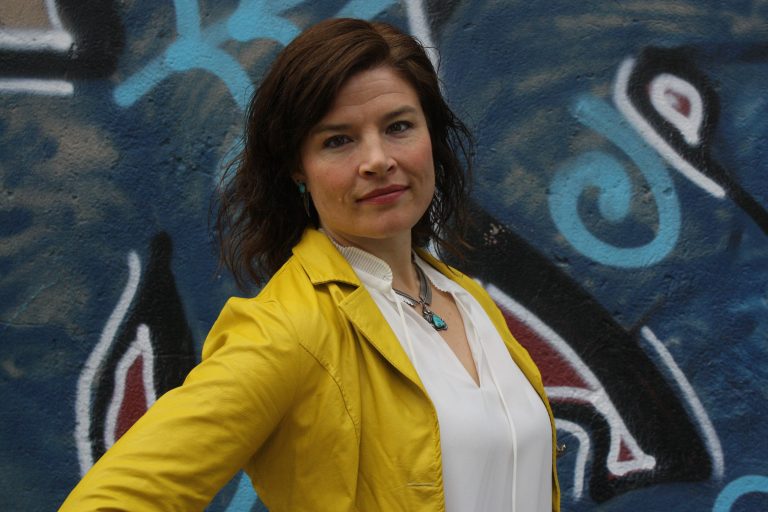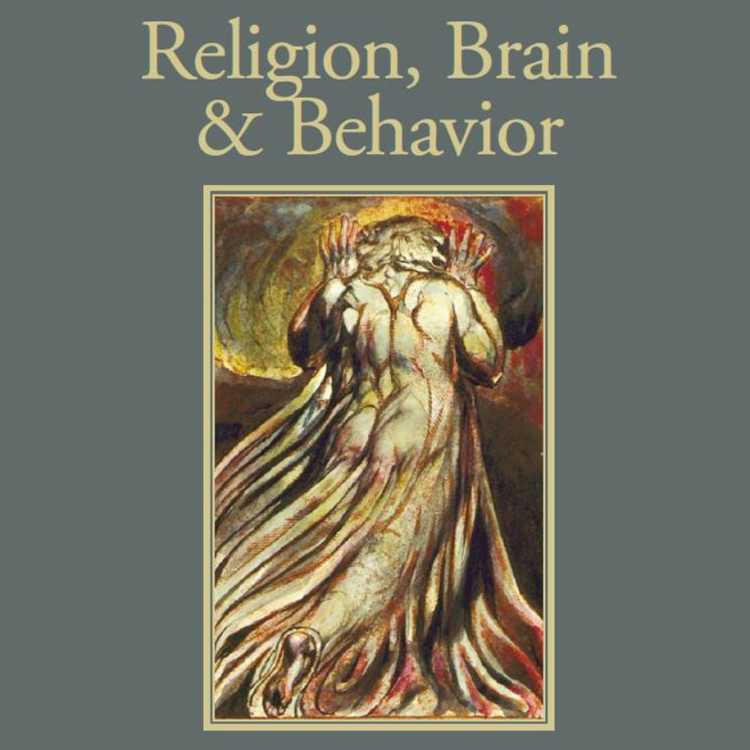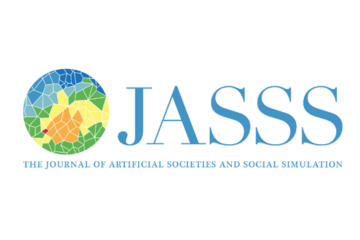Research Associate LeRon Shults
American Journal of Theology & Philosophy Vol. 36 No. 1
January 2015
Intro: For readers familiar with Robert Neville’s expansive literary corpus, one of the first questions that arises when confronted with volume 1 of his trilogy on Philosophical Theology is: how many magna opera can one scholar produce!? For those of us interested in the details and the development of his metaphysical and epistemological hypotheses over the decades, a whole
series of more serious intellectual questions also quickly emerge. My primary interest here, however, is exploring an explicitly pragmatic question: what’s the use of Neville’s astonishingly consistent and carefully argued theoretical proposal in contemporary contexts shaped by radically pluralistic and globalizing forces? The answer, of course, is: “it depends.” As Neville himself makes clear, whether or not a religious symbol carries over the value of ultimate reality in certain respects depends on a whole host of factors, including the purpose, maturity, and community of the interpreter.



